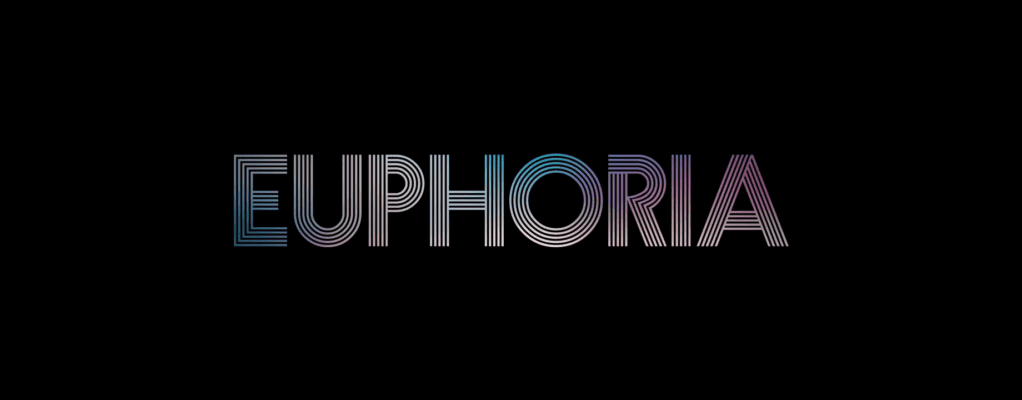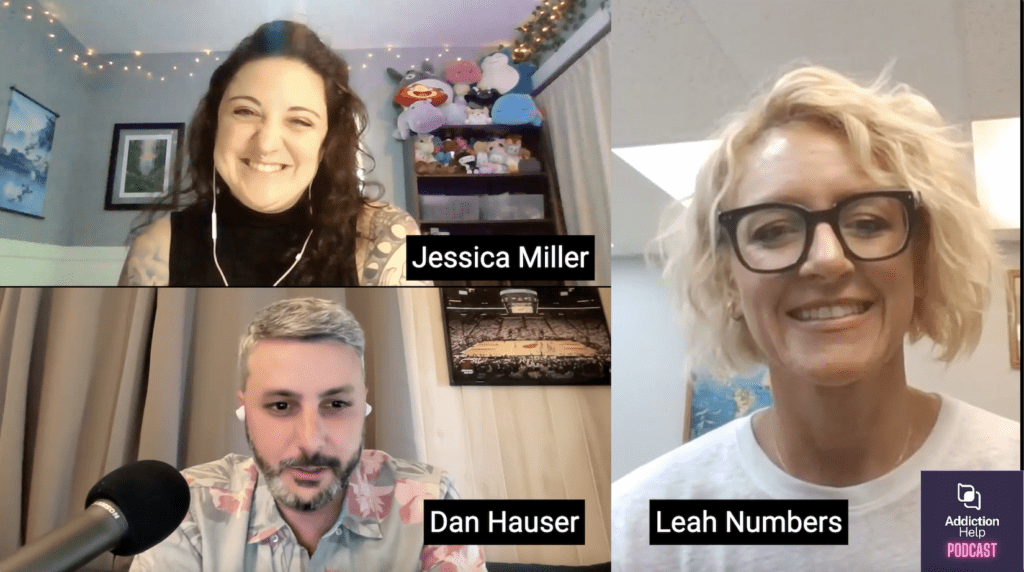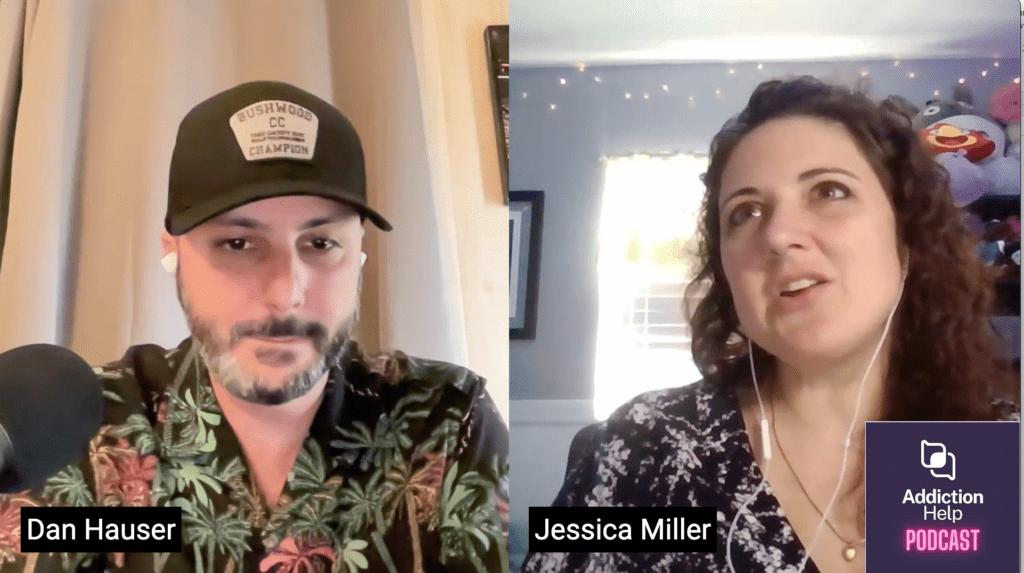We Need to Talk About Rue – Addiction & Euphoria S2E5

If social media is any indication, one recent episode of Euphoria (S2E5) has fans reeling. And we need to talk about it.
For those of you that don’t watch the HBO series, Euphoria is a teen drama that explores the nature and consequences of sex, drug use, and the nuances of growing up while having access to social media and everything it entails.
This show was created by former addict Sam Levinson, who has shared with interviewers that he spent a major part of his teen years “in hospitals, rehabs, and halfway houses.” By age 16, Levinson had given up hope entirely.
It wasn’t until the age of 19 that Levinson discovered a book during a rehab stay that would change his path—and his life.
Knowing this makes the setting for Euphoria all the more poignant, especially considering this fifth episode. Our main protagonist, Rue Bennet, has been struggling with her own drug addiction since her first day on our screens. It’s been quite a journey, to say the least.
**MAJOR SPOILERS AHEAD FOR EUPHORIA S2E5!**
In this episode, Rue’s long-suffering but supportive mother has confronted Rue about her evident relapse. Viewers learn that her mother not only knows Rue has returned to using, but she’s also discovered—and flushed—the suitcase of $5,000 worth of drugs Rue had in her possession.
This suitcase was part of Rue’s “genius plan” to sell drugs for more money for an extremely high-stakes dealer, but viewers never get to hear her full plan. We are instead left gripping couch seats and screaming at our TVs when Rue’s first act upon getting the case home is to tear open a fentanyl strip and put it in her mouth.
She’s not planning to sell these drugs at all, many of us found ourselves thinking.
But when the reckoning happens in the first few moments of Episode 5, we feel Rue’s panic as she starts tearing apart her family home in search of the suitcase. We find ourselves wondering if she’s worried about the repercussions from that terrifying, stone-cold dealer, or if she’s more worried about her next fix.
What follows is a heart-shattering 10 minutes of full-blown chaos.
We watch in horror as Rue first verbally tears into her little sister, Gia. Yes, the same little sister who found her overdosed before the series officially began. The same sister she gaslit in previous episodes, convincing Gia she was “only smoking weed” and not back into her old habits.
And then Rue attacks her mother, verbally and, eventually, physically. It’s an awful, awful thing to watch.
After kicking down a door (yes, Zendaya evidently has bruises and scars from filming), Rue proceeds to rampage around their home, savagely destroying furniture and screaming awful things at her family as she becomes completely unglued at the loss of her stash.
But before we get a reprieve, her mother reveals that she knows Rue has relapsed because Rue’s best friend and romantic partner, Jules, and their mutual friend Elliott, have revealed everything.
Rue storms down the hall after her diatribe to find Jules and Elliott sitting, shell-shocked, in her living room. More screaming and vitriol ensues as Rue lays into Jules—saying the kinds of awful things about a person that you just DON’T say. Seriously, she holds nothing back.
For a moment we get a nugget of truth as she shrieks at Jules, who keeps saying she loves Rue despite the verbal onslaught, “someone who loves a person doesn’t LEAVE THEM at a train station” or something to that effect. It’s clear Rue is in deep pain over the incident, and it’s one moment of honesty we get during this hard-to-watch segment.
Ultimately, Rue’s mother convinces Rue to go with her to the ER, and the family of three piles into the car. But on the way, the topic of rehab comes up. Panicked, Rue declares she only agreed to the ER but not rehab, and leaps out of the car into oncoming traffic.
The rest of the episode tracks Rue’s progressive panic and subsequent dangerous behavior as it escalates again and again, until the final, uncertain scene.
Overall, fans seem united in one belief: give Zendaya an Emmy for that performance. It was shocking, gut-wrenching, real, and vivid. But fans are now divided in their opinions of Rue.
Some think Rue has gone too far. They no longer stand by our wayward heroine, with her faults and flaws on display. Others, however, believe Rue can still be redeemed. Even more so, pro-Rue fans argue that she still deserves help and redemption despite her vicious meltdown.
So let’s talk about it.
Personally, I remain in the pro-Rue camp. And it’s not just because I write for this website (though that has helped my understanding of what she might be going through). Addiction is a degenerative disease.
Rue’s struggles are certainly not isolated, and she’s definitely not the first person to burn bridges and go “scorched earth” in a moment of pure, unrestrained panic and self-destruction. That doesn’t make her behavior excusable, but it does make it understandable from an outsider’s perspective.
Here’s how I interpreted the things that happen in this episode, starting with That Opening Scene:
Rue begins with an explosion. Of course she does. Her entire world has been turned upside-down. As an addict, the one resource she had to hide from all her pain has been taken from her, and the people she loves most (more on this later) are trying to hold her accountable for her relapse.
Everything we see at the beginning of the episode, in my opinion, is a deeply broken person taking all their internal pain and self-hatred and pushing it out of themselves onto the people nearest to them. This is not unlike the behavior of many addicts out there in the world.
Is it okay, or excusable? ABSOLUTELY NOT. But let’s look at it just as observers for a moment.
Rue is clearly in pain. We have seen it throughout this series as she grapples with her father’s unfair death and later with the abandonment she feels from her best friend and romantic partner, Jules.
Rue is suffering. But where is her outlet?
Rue doesn’t go to therapy; instead, she bottles everything up and holds everything inside. In these first 15 minutes, we see a human at her breaking point. She explodes, viciously, at the people she loves the most.
Many critics argue this is what makes Rue a villain—but I see more happening beneath the surface.
Rue is desperate, like a caged animal. We watch as her internal self-loathing explodes outwards because she can no longer contain it. (I know this is not acceptable, but bear with me.) She lashes out in increasingly horrific ways against the two people closest to her. Her poor mother, who has done nothing but support her amidst her own grief at the loss of her husband. And Rue’s little sister, who once found her practically dead from an overdose, who only wants Rue to get better again, gets a bucket of hateful insults and accusations.
Many people have asked via social media, But how could she be so awful to them?
That’s the thing about addiction. It doesn’t care who you are or who is in the way. As Ali tells Rue in their bonus episode, it is a degenerative disease. And it’s awful.
That’s not to say addicts like Rue shouldn’t be held accountable for their actions. What Rue did was beyond terrible, and I hope she has to answer for that in later episodes.
But the truly sinister thing about addiction is the way it changes a person, makes them a desperate, cornered animal ready to strike at anyone or anything that stands in their way. Just like Rue.
Throughout the rest of the episode, we watch as Rue continues to escalate her behavior. She betrays her friends and reveals an awful secret, steals from them, robs the home of strangers, runs away from the police, and finds herself at the door of the woman who promised to traffick her if she didn’t come through with the money from their “suitcase deal.”
After a stream of first-time criminal behavior, Rue literally returns to the person that threatened her life because she is THAT desperate to avoid the feelings of withdrawal.
That’s the kind of hold drugs have on addicts.
Again, I don’t think we need to make excuses for Rue. Her behavior was abhorrent at best. But what was illustrated in this episode is what desperation can look like for an addict.
They will burn bridges, hurt those they love, ignore societal norms, break the law, and even put themselves and others in terrible danger. It’s illogical. That’s the key. It is illogical.
For an addict like Rue, their behavior truly defies logic.
So why do I still support her?
Despite what she has done, I see Rue’s character as a person who is in immense pain. During her initial blowout, we see two times where she breaks down in tears and becomes vulnerable.
At first, her self-hatred turns outward and rains hellfire on everyone in range (her mother and Gia, and then Jules and Elliott). But twice we see her lose steam and get down to her core.
Twice she breaks down in hysterical tears, finally opening up and admitting that she is suffering. At one point she even admits how much she misses her father, his death being the potential catalyst for all her self-destructive behavior.
“You wish I was different? So do I!” she shrieks, in one of the most honest moments we have seen of Rue.
And this is why I cannot give up on Rue’s character.
Desperate, pleading, like a trapped animal in a cage, Rue shows us in this episode what it looks like for an addict to not only confront their reality (a life addicted to a substance) but to feel absolutely hopeless in the face of reality.
Again, that’s not to say we shouldn’t hold Rue accountable for her behavior. But two things can be true at once: we can judge and condemn Rue for her horrible behavior, and we can look with compassion at the source of this same behavior.
Listen. I’m not arguing that those who have suffered as a result of the manipulation of addicts like Rue should just “forgive and forget.” I’m not sure what I could say to her sister Gia if I met her in real life. But I feel like this is a nuanced topic we don’t often discuss.
Even Ali expresses it in the bonus episode between him and Rue: addiction is a disease, but a lot of people look at their addict’s behavior and decide, why bother? It’s a reasonable reaction.
However, what I personally believe—and what I hope this site aims to articulate—is that addicts are still living, breathing, hurting human beings who are worthy of help.
At this stage, Rue doesn’t seem ready for help. But I for one deeply hope she looks for it because she deserves it in spite of the pain she has caused. Her initial grief set her off on a terrible path, and while she should still answer for the things she has done, I sincerely believe she is still worthy of help, support, and recovery.
She is not herself, but she deserves to find herself again in spite of her addiction and everything she has done because of it. I hope she gets that help.
And that goes for every addict who has been in her shoes.
Recovery is real and possible. And you deserve it, too. Period.
So you can destroy your life, you can f*ck your little sister’s head up, you can abuse and torture and take for granted your mama, and sit here and look me in the eye, and say, as calm as can be, as cool as a cucumber, “Imma keep usin’ drugs.”
Ha. That is the disease of addiction. It is a degenerative disease. It is incurable. It is deadly. And it’s no different than cancer. And you got it. Why? Mm. Luck of the draw.
But, hey, but the hardest part of having the disease of addiction, aside from having the disease, is that no one in the world sees it as a disease. They see you as selfish. They see you as weak. They see you as cruel. They see you as, uh, destructive. They think, why should I give a f*ck about her if she doesn’t give a f*ck about herself or anybody else? Why does this girl deserve my time, my patience, my sympathy? Right? If she wants to kill herself, let her.
All reasonable questions and responses. But luckily, you aren’t the only person on planet Earth who has this disease. There happen to be people like me, who understand that you aren’t all that bad.
Euphoria | Trouble Don’t Last Always
Zendaya’s Post on her Instagram
View this post on Instagram
Get Treatment Help Now
If you or someone you love is struggling with addiction, getting help is just a phone call away, or consider trying therapy online with BetterHelp.
Exclusive offer: 20% Off BetterHelp*Following links to the BetterHelp website may earn us a commission that helps us manage and maintain AddictionHelp.com
*Get 20% off your first month of BetterHelp.



